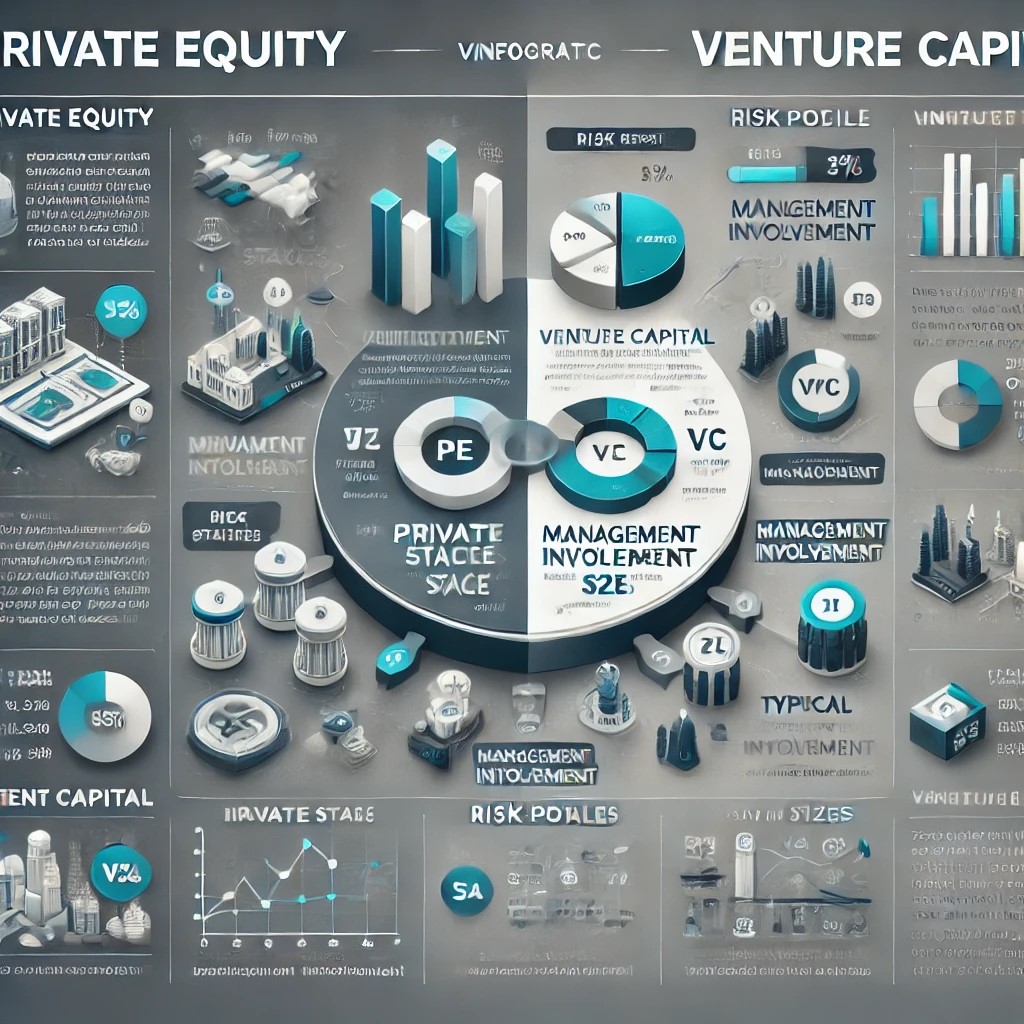Today, financial literacy is an essential requirement in this fast-paced world, especially for millennials. With living costs racing up day by day, student loans and changing economic situations, millennials need to be well prepared with appropriate financial management skills to help them make the right financial decisions. Here are some guidelines on essential financial management skills for millennials, along with practical tips and some quantifiable metrics in place.
Why Financial Literacy Matters to Millennials?
Millennials, approximately between 1981 and 1996, have different financial problems than preceding generations. Many are facing high student debt, stagnating wages, and increasing job competition. According to a study by the Pew Research Center, nearly 34% of millennials feel financially insecure, citing debt as a major concern. According to research, about 66 percent of millennials have nothing saved for retirement; this necessitates the need to acquire financial literacy skills.

Financial Management Guidelines
Financial literacy is knowledge of money, how to budget, save, invest, and manage debt. As the foundation to building a secured future for millennials, here are important financial management guidelines.
- Budgeting As the Foundation of Financial Stability: The core money management concept can be summed up by one simple word: budgeting. Budgeting captures what you earn, spend, and save. Budgeting tools such as Mint, You Need a Budget (YNAB), or even simple spreadsheet applications make it easier to adhere to tracking your finances. You should apply 50/30/20 rule which reflects 50% of the money earned must be spent on housing, utilities and food in the name of basic necessities. While 30% should be provided for discretionary spending and remaining 20% should be saved or used for debt repayment. For example, with earnings of $3,000 a month, you will have spent $1,500 on necessities, $900 on discretionary spending, and $600 on savings and debt. Applying the above ratios, you are in line with the ideal that you should stay balanced economically without compromising essential things in life.
- Debt Management as a Relief from Financial Burdens: Debt might very well be the biggest obstacle for millennials. While this ranges from student loans to credit card debt and personal loans, knowing how to handle and pay off debt properly really comes into play.
High-interest debt rule of thumb first. Pay off high-interest debt, like on a credit card. The typical interest rates for credit cards exceed 20%. For instance, if you have $5,000 in outstanding credit card balances at 20% interest, you will be paying $1,000 per year just in interest. You can save a lot of money in interest by paying this off first.
- Snowball vs. Avalanche Method: The Snowball Method suggests paying the smallest of your debts first to build momentum. The Avalanche Method prioritizes paying off the debt with the highest interest, often the most inexpensive in the long run.
- Emergency Fund as a Cushion Against Unforeseen Events: An emergency fund is indispensable during unexpected financial crises, such as medical emergencies or loss of employment. Most professionals suggest creating a three- to six-month emergency fund in liquid savings for financial cushioning. For those who spend $2,000 a month, an appropriate amount for the emergency fund would be between $6,000 and $12,000. Having a whole emergency fund account prevents unnecessary debt when untimely expenses come up, which enables you to stay financially stable.
- Early Investing to Leverage Compounding: Investment is a basic necessity for every millennial to start accumulating their life's wealth. The earlier you start investing, the more you will achieve compound interest earning interest not only on the original principal but also on interest that grows on it. Invest at least 10-15% of your income in retirement accounts such as a 401(k). Suppose you started saving $200 per month since the age of 25 with a 7% annual yield. By the end of 65, this savings may amount to more than half a million dollars due to compounding.
Low-cost index funds and ETFs investments offer diversification benefits that usually remove the danger elements that might haunt investment in one or two stocks. By constant saving, millennials achieve wealth and secure their retirement stages.
- Aligning Spending with Values: Awareness of one's spending habits is also part of effective money management. Financial wellness is not about deprivation, but it is a conscious spending on things that add value to life. Spend on things that bring joy- travel, education, or working out. Track discretionary spending and cut off unnecessary spending with this question: "Does this purchase add value to my life?" Value-based budgeting puts you out of these situations through letting you know ahead of time whether your decisions agree with your values.

Saving for Retirement: Planning for the Future
It's time for millennials to seriously take retirement savings and begin planning for their future. Retirement saving does not come easy but even a little monthly contribution makes all the difference in time. Best practice is to start with an employer-sponsored plan if available. Most employers match the retirement contributions, which can be termed as "free money." If there is a 3% match available with an employer, then you should contribute at least 3%. If the annual salary is $50,000, then 3% contribution with a 3% employer match means there is $3,000 annually toward retirement.
Maximizing the retirement contributions when millennials have just begun working will make them benefit from years of compounded growth, thus providing funds for the future.

Financial Metrics to Monitor Progress
Millennials can use key financial metrics as a means of keeping tabs on their financial health over time. Here are a few:
- Savings Rate – Target at least 20% of income for savings, including retirement and emergency fund contributions.
- Debt-to-Income Ratio – Ideally keep this under 36%. This type of debt-to-income ratio can affect financial stability and creditworthiness.
- Net Worth – Track assets versus liabilities. An increasing positive net worth is a sure sign of progress, while a negative net worth means it is time to improve.
Final Thoughts
Financial literacy is not merely having knowledge of the money in your pocket; it is more about not letting money dominate you. Mastering budgeting, managing debts, saving for retirement and investing for millennials are great steps toward achieving freedom from finance constraints. All these financial management guides would help free you from stress, satisfy your goals and make life more secure and more fulfilling.





